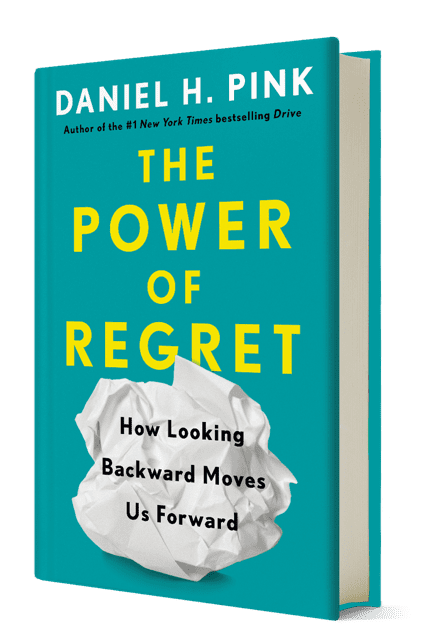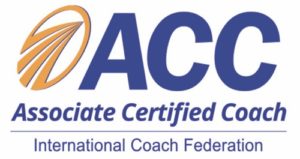Many people wear the “No Regrets” mantra as a badge of honor. But, frankly, if we don’t have regrets, we may not have been paying attention to past actions.
I have many regrets that I continue to use as learning opportunities. So I will share one here. Hopefully, you will not think less of me for my actions. Instead, I hope you will appreciate the vulnerability and learning this story provides.
Several years ago, and not long after my father passed, I had an opportunity to gather with my mom and siblings to have a service for Dad. Unfortunately, I decided not to attend. For context, here’s what went into my decision:
- Services celebrating those who have passed do not hold the same importance for our family as others. My father had indicated he did not want a service or announcement, so I felt comfortable not attending.
- I spent a significant amount of time in the care of my father right before he passed and was very much at peace with this passing. I didn’t need a “closure” event.
- I pictured the event as very solemn and sad. After the emotional drain of being with my dad when he passed, I didn’t want to layer on additional sadness.
- I live several hundred miles away, and the trip would have been a burden for multiple reasons.
- Another sibling had indicated they could not be in attendance, so even if I were there, the family unit would not have been complete.
The decision not to make the trip for the family event has weighed heavily on me ever since and has been a teaching moment for similar opportunities. The sibling that wasn’t going to be able to attend was able to attend the event after all, so I was the only sibling not present. From what I heard, it ended up being a delightful picnic lunch with time spent reminiscing great times with Dad. I had so many positive memories I could have embraced had I been there. However, I realized after the closure wasn’t for me, it was for one of my siblings, and I wasn’t there to support them.
How have I used this regret? Any time I’m invited, I make every effort to attend. I don’t ask, “What is holding Present Me back?” Instead, I ask, “How is Future Me going to want to remember this decision?” It’s made a significant difference in my actions.
I hope something in my story resonated with you and may pique some interest in how “looking backward moves us forward.”
Some of my key takeaways from The Power of Regret:
Regrets bring up strong feelings, and those feelings are motivating. A common theme throughout the book is “feeling is for thinking and thinking is for doing.”
Three benefits of regret:
1. Regret can improve decisions. Regretting poor decisions helps us improve those decisions in the future.
2. Regret can boost performance. Regret can spur reflection, which may revise strategy and improve performance.
3. Regret can deepen meaning. When we think about regrets, our choices can have a deeper meaning. For example, my regret of not going to the gathering brings a deeper meaning of connection.
Open-Door vs. Closed-door regrets:
Open-Door regrets we can do something about, but they still bother us because acting on the regret takes effort. For example, we can still call that friend we’ve meant to call for the last 20 years. Yet, it may involve some embarrassment and vulnerability.
Closed-Door regrets bother us because we can’t do anything about them. We can’t turn back time and spend time with our beloved grandparents after they pass.
Thoughts on moving forward:
- Relive and Relieve: Writing about and/or talking about your regret can provide insight, lighten the burden, and create clarity.
- Normalize and Neutralize: Think about how you would react to this regret if a friend shared it with you. Would you provide compassion or criticism? Do the same for yourself.
- Analyze and Strategize: Take stock of the regret without shame and determine a path forward, so the regret is not repeated.
I can’t say I’ve even scratched the surface of the insights The Power of Regret has afforded me. This book has elevated the meaning of how and why regrets are such powerful and meaningful tools. I encourage you to think about your regrets, acknowledge them, embrace them, and find the learning in them. Oh, and buy the book; it’s incredible!
Cindy Jobs, PCAC, ACC
Looking for more information?
Click here for ADHD-friendly Time Management Tools
Click here to schedule a complimentary breakthrough session.
For more helpful information, follow me on Facebook.







